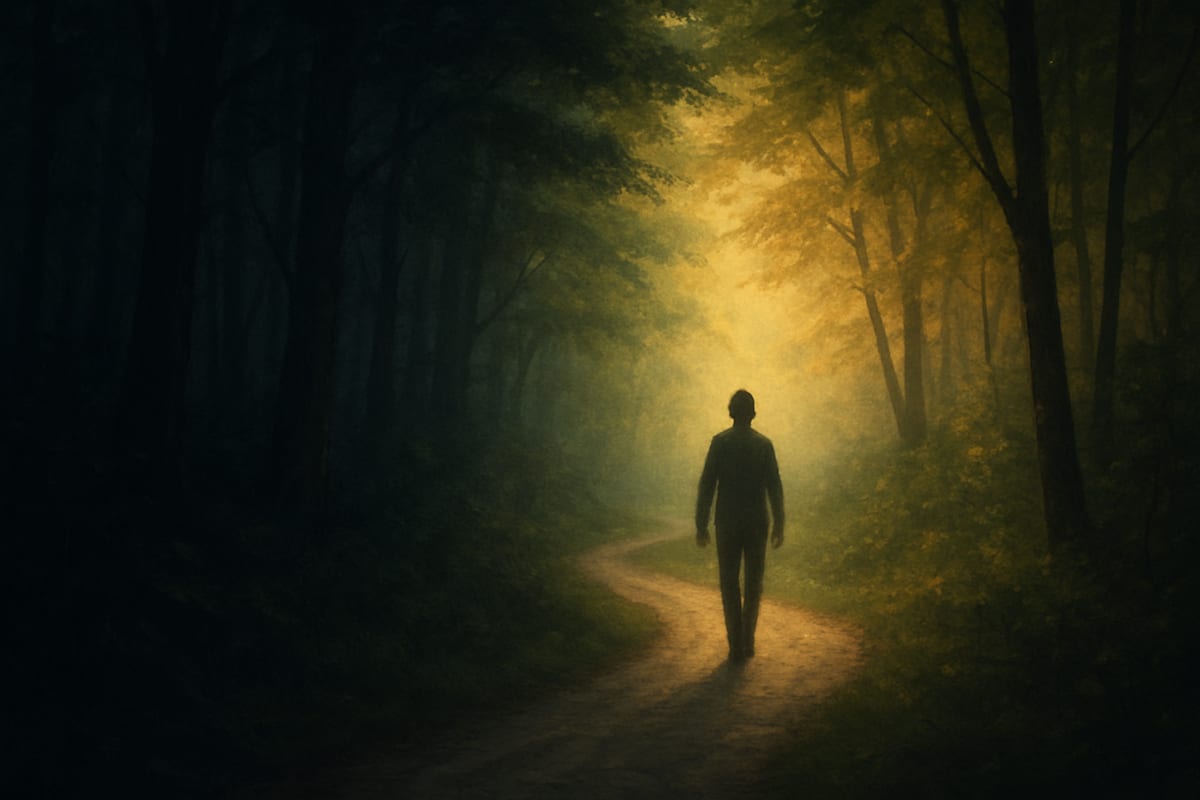TLDR: This blog post explores the complexities of childhood trauma, particularly sexual abuse, through a survivor's personal narrative. It discusses the psychological impacts, the process of memory retrieval, and the importance of community support in healing. I share my experiences of trauma, the challenges of processing memories, and the significance of storytelling in overcoming shame and finding validation.
______________________________________________
Childhood trauma, especially sexual abuse, leaves deep psychological scars that can affect individuals for a lifetime. In this post, I delve into my personal journey as a survivor who shares my experiences with trauma, memory, and healing. This narrative sheds light on the vulnerability of children and the long-lasting effects of abuse, emphasizing the importance of understanding and community support in the healing process.
The Vulnerability of Children
As a child, I was vulnerable in ways I couldn’t understand at the time. My size and inability to defend myself left me exposed, and my limited capacity to process trauma made things even more complicated. When the abuse happened, my brain often shut down, tucking away memories too overwhelming for me to face. For years, I couldn’t recall the details; instead, the trauma surfaced through physical sensations and waves of emotional turmoil that I didn’t fully understand.
The Impact of Abuse
My experiences with sexual abuse—particularly at the hands of family members—instilled in me a deep sense of fear and shame. I began to believe that I was inherently bad, even evil. That belief was reinforced by societal and religious teachings that condemned any form of sexual exploration or expression. Those messages layered guilt and unworthiness onto the shame I already carried, leaving me trapped inside a damaging narrative about who I was.
The Journey of Memory Retrieval
When I finally sought healing, I had to confront memories I had spent years repressing. At the Institute of Healing Arts, I discovered the power of visualizations in bringing those memories to the surface. It wasn’t easy—it felt like peeling back the layers of an onion, one at a time, each revealing something more painful than the last. Still, I knew that facing these buried truths was the only way I could begin to heal.
The Role of Community and Support
I couldn’t have made it through this journey without the support of others. Friends and healers who understood trauma gave me safe spaces to express myself without fear of judgment. In those spaces, I began to tell my story—again and again. Each time I shared, the shame grew a little lighter. Speaking the truth out loud helped validate my experiences in ways I never thought possible.
The Process of Healing
Healing hasn’t been linear for me. At times, I felt like I was moving backward, slipping into old fears and patterns. But I’ve come to see that regression is a natural part of healing. The act of telling my story—purging it from the silence of my body and mind—has been one of the most important tools I’ve found. Every time I spoke, my brain gained another chance to process what had happened to me as a child.
The Importance of Validating Memories
One of the hardest parts of my journey has been learning to validate my memories, even when they felt fragmented or unclear. Survivors like me are often met with skepticism, which only deepens the shame. But I’ve learned that my memories, however incomplete, deserve to be acknowledged. And so do yours. Sharing our stories is not only a way to heal ourselves—it also helps others find courage and validation in their own journeys.
Conclusion
My healing has been long, painful, and at times overwhelming—but it has also been transformative. With community, storytelling, and the courage to face my memories, I’ve begun reclaiming my narrative from the shame that once controlled me. Healing is possible. No one should ever feel ashamed of their experiences. When we approach trauma with compassion and understanding, we create the supportive spaces survivors like me need to truly recover.
